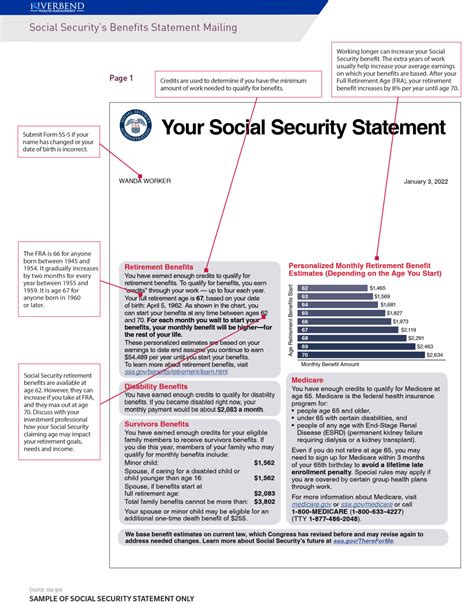The safety advantages of private blockchains for crypto users
Since the world’s largest cryptocurrency market continues to grow, the concerns about security have become increasingly clear. With numerous top-class hacks and exploits in recent years, many crypto users have been wondering whether their funds are safe. However, there is a growing trend to use private blockchains as an alternative or supplement to conventional public blockchain networks.
What are private blockchains?
Private blockchains are decentralized, legitimate blockchain networks that enable several parties to participate and process without the central authorities. In contrast to public blockchains such as Bitcoin (BTC), Ethereum (ETH) and others who rely on a large number of validators to secure the network, private blockchains use a smaller group of trustworthy knots to ensure security.
Safety advantages of private blockchains
So what makes private blockchains so safe? Here are some important advantages:
- Reduced Attack surface : Public blockchain networks have a relatively small target area due to their large number of validators and the sheer amount of data involved in each transaction. Private blockchains, on the other hand, can be designed in such a way that they have fewer knots and reduced complexity.
- A lower risk of centralization : By only a certain group of trustworthy nodes is required to validate transactions, private blockchains reduce the risk of centralization. This makes it much more difficult for a single entity or group to control the network.
- Improved network segmentation

: Private blockchains can be interpreted taking into account the segmentation so that users can create separate networks for different purposes (e.g. financial transactions compared to data storage). This reduces the risk of a single error and improves overall security.
- Improved user control : For private blockchains, users have more control over their means and transactions, since they can end with certain restrictions on certain networks or networks.
Application cases for private blockchains
Private blockchains are not limited to financial applications. They can be used in a variety of industries and applications, including:
- Supply Chain Management : Companies like Walmart and Maersk have examined the use of private blockchains to manage their logistics and inventory.
- Identity test : Private blockchains can be used for identity examination so that users can save and manage their identities safely.
- Healthcare : Private blockchains can be used to secure medical documents and pursue patient data.
Challenges and restrictions
While private blockchains offer several security advantages, some challenges and restrictions still have to be taken into account:
- Scalability : Private blockchains often require a more complex infrastructure and may not be as scalable as public blockchains.
- Interoperability : Private blockchains can only have limited interoperability with other blockchain networks that can restrict their applications.
- Regulatory compliance : If private blockchains gain traction, compliance with regulatory compliance is becoming increasingly important.
Diploma
Private blockchains offer crypto users several safety advantages, including reduced attack areas, a lower risk of centralization, improved network segmentation and improved user control. While there are still challenges, the potential rewards for the introduction of private blockchain in various industries make an attractive alternative to traditional public blockchain networks.
While the industry is developing, we can expect more private blockchains to be used in a variety of applications. By understanding the security advantages and restrictions of private blockchains, crypto users can make sound decisions about how to use these powerful technologies.